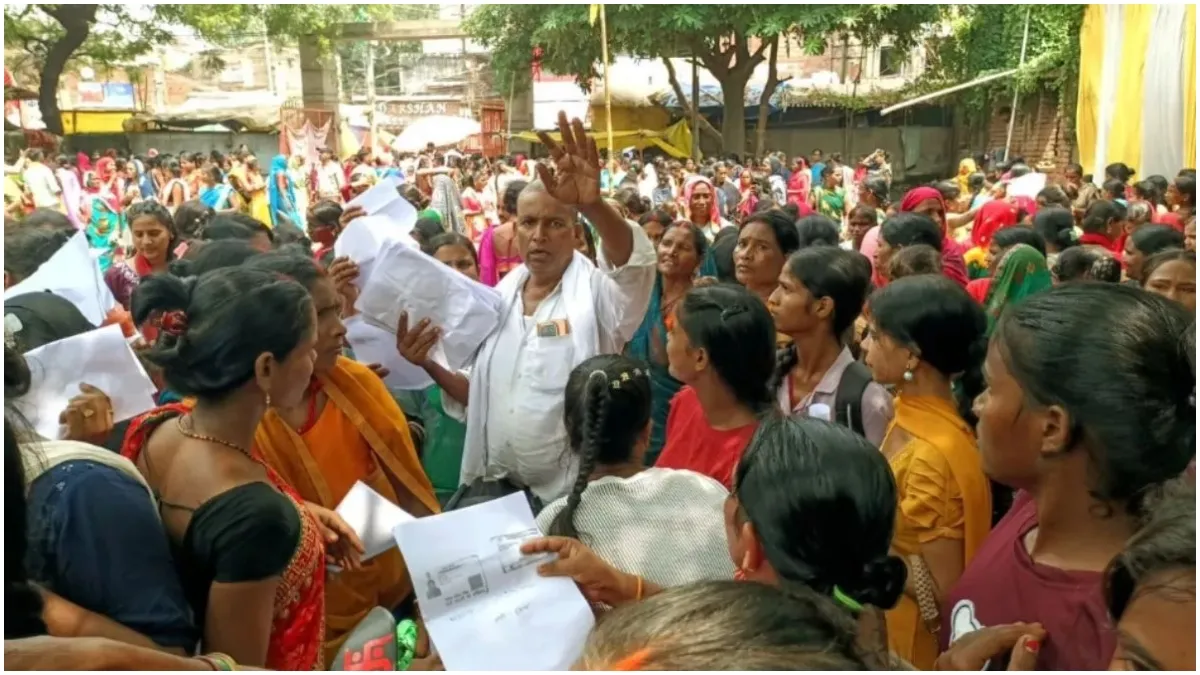- By Shubham Bajpai
- Mon, 27 Oct 2025 08:35 PM (IST)
- Source:JND
The Election Commission has announced to conduct the special intensive revision (SIR) of the voter rolls in 12 states and union territories in the second phase.
As part of the exercise, Chief Election Commissioner (CEC) Gyanesh Kumar said that those whose names were on the old rolls, mostly from 2003, will be exempted from providing any document to stay on the rolls.
He said only the enumeration form would do in such cases. The data from the last SIR between 2002 and 2004 has become key for the upcoming exercise.
Why 2003 is important?
There are two reasons why the time frame between 2002-04 or the year 2003 has been chosen. The first one is an obvious reason that the last SIR was held in all states and UT during the year.
Secondly, there have been many revisions by the EC since then, but most of them did not require the submission of fresh proof, and hence, the poll body used 2003 as a cutoff.
2003 key in identifying foreigners
Besides, the 2003 cutoff also proves that anyone in that list is a citizen, thereby helping to identify any illegal foreigner living in the country.
According to the Citizenship Act, any person born in India before July 1, 1987, (except in Assam) is considered a citizen. This means anyone born before 1987 was already 18 years of age in 2003 and should have been on the list.
In case anyone's name is not in the 2003 rolls, they can show their parents' names in the list and prove their relationship with them using a document.
In case even the parents' names are not in the 2003 rolls, the voters will have to prove identity and residence using documents.
Like in Bihar, the EC has issued a list of valid documents, which is not exhaustive, and the poll body can add any document to it.

